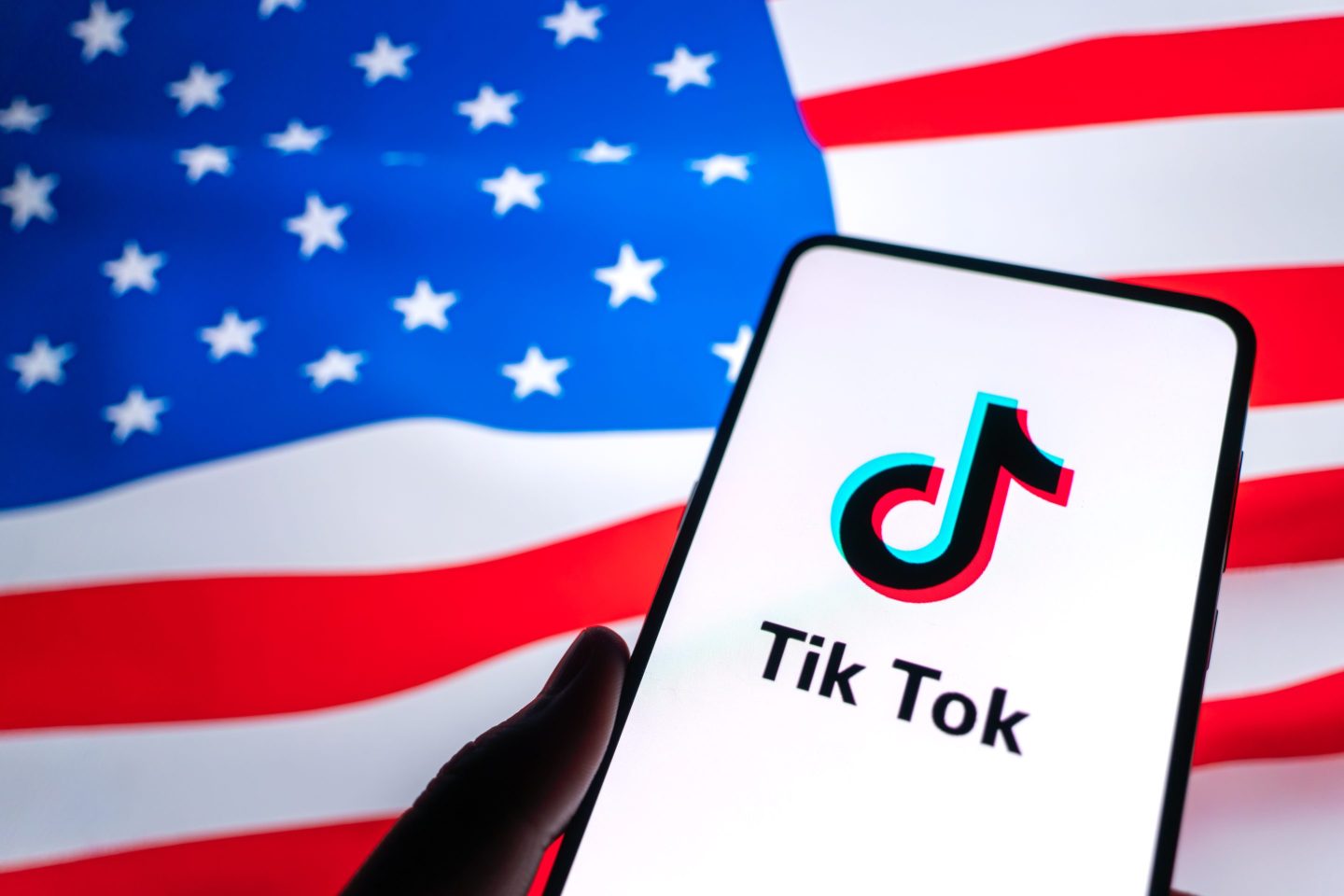Hello and welcome to Eye on AI.
Stethoscopes, thermometers, and cardiac monitoring machines are go-to technologies in hospital emergency departments—and now you can add generative AI to the list.
Augmedix, a San Francisco-based company that provides AI-powered medical documentation tools, today announced a partnership with Emergency Services Inc. that will bring a version of the company’s technology created specifically for the chaos of the emergency room environment to seven Ohio facilities and over 50 doctors. Using proprietary LLMs as well as Google Cloud’s MedLM’s suite of medically tuned models, Augmedix Go ED is designed to capture conversations between physicians and ER patients via Bluetooth and draft medical notes almost instantaneously. The technology will take over a task previously performed by emergency room doctors as they rushed between patients and, hopefully, curb the administrative overload that’s causing them to quit.
“Clinician burnout is at a record high. The administrative overload that plagues doctors is staggering,” said Eric Drobny, MD, FACEP, CFO of Emergency Services Inc., explaining the problem the medical services group hopes to solve by integrating the technology. According to the 2023 Medscape Physician Burnout and Depression Report, physicians in emergency medicine reported the highest rate of burnout (65%) of all doctors, with most citing bureaucratic demands as the primary cause for burnout. Recent years have also seen a significant drop in applications for previously competitive ER positions.
Other tools for ambient medical documentation exist, including from Augmedix. Abridge, founded by practicing cardiologist Shiv Rao and valued at $850 million in its last funding round in February, is focused on using generative AI to compose medical notes too. It has signed up a number of major health care systems as customers and now integrates with Epic, one of the major electronic medical record software vendors. Microsoft owns medical scribe software provider Nuance, which is also competing in this space.
But the emergency room environment has unique challenges that some other available solutions aren’t designed to meet. “We cannot use just any documentation solution,” Drobny said, adding that the medical provider has tried out several different approaches—from human scribes to AI scribes that don’t specialize in the emergency departments—in search of a solution, only to run into challenges with each.
“To address the unique and complex needs of the emergency department, documentation solutions need to effectively capture notes amid a significant amount of background noise. Additionally, patient conversations are often complex and involve disparate, nonlinear interactions with multiple clinicians. These challenges do not exist when a patient schedules a regular office visit with their doctor,” Manny Krakaris, CEO of Augmedix, told Eye on AI.
Augmedix Go ED was released in April and underwent a pilot program with HCA Healthcare, which is also expanding the use of the technology following the pilot, according to Augmedix. While the public is still unclear on the benefits of many of the most buzzy AI models, a technology that can lessen the burden on doctors, allowing them to spend more time—and cognitive power—on patient care, has obvious advantages. Augmedix Go, a related product focused on ambulatory care settings, saves up to one hour or more per clinic day, according to Augmedix, which shared the data with Eye on AI but said the study is not yet available online.
Of course, this use of AI is also extremely high-stakes. There’s no margin for error in life-or-death situations. Additionally, medical facilities deal with some of the most sensitive PII (personally identifiable information) and thus have additional responsibility and strict security and governance requirements for their data. Krakaris said Augmedix is HIPAA compliant and is committed to adopting the most rigorous measures to protect patient data.
Generative AI is still very new, and there are a lot of kinks to work out. Still, Drobny believes “the benefits of Augmedix Go ED will largely outweigh everything else” and deliver accurate medical notes faster than the doctors ever could.
And with that, here’s more AI news.
Sage Lazzaro
sage.lazzaro@consultant.fortune.com
sagelazzaro.com
AI IN THE NEWS
OpenAI cofounder and former chief scientist Ilya Sutskever launches a new AI lab. Called Safe Superintelligence Inc. (SSI), the company says it has one singular goal and product, “a safe superintelligence,” and that it’s set up to be “insulated from short-term commercial pressures,” according to its website. He told Bloomberg the company will not do anything else until meeting that goal and declined to disclose its financial backers or the amount raised. In addition to Sutskever, SSI is also cofounded by Daniel Levy, another former technical staff member of OpenAI, and Daniel Gross, a former AI lead at Apple who has become a prominent investor in AI startups.
The vision described for SSI sounds similar to the origins of OpenAI—before it linked up with Microsoft for cash and compute and started commercializing products. Sutskever, who developed key AI advances as a university researcher and then worked as a scientist at Google before joining OpenAI, was a major figure in the effort to oust CEO Sam Atman last year. He resigned from OpenAI in May, followed days later by his co-lead on the superalignment team, Jan Leike, who publicly criticized the company for prioritizing “shiny products” over safety. SSI isn’t the first AI company to be started by former OpenAI employees who left over safety concerns—it’s the founding story of rival Anthropic as well (where Leike has since taken on a role leading up a similar-sounding superalignment team focused on long-term AI risks).
Nvidia passes Microsoft’s market cap to become the world’s most valuable public company. The chipmaker on Tuesday climbed to a $3.34 trillion valuation, eclipsing Microsoft’s $3.32 trillion. It was just two weeks ago that the company stole the number two spot from Apple. Nvidia maintains around 80% market share for AI chips and data centers and has seen its share price rise 170% this year, according to CNBC.
Leading AI chatbots are spreading Russian propaganda. That’s according to Axios. NewsGuard, an organization that works to combat misinformation, tested 10 AI tools by entering 57 prompts asking about narratives known to be disinformation (specifically, narratives created by American fugitive John Mark Dougan, who the New York Times reports creates and spreads misinformation from Moscow). Across OpenAI's ChatGPT-4, You.com's Smart Assistant, Grok, Inflection, Mistral, Microsoft's Copilot, Meta AI, Anthropic's Claude, Google Gemini, and Perplexity, NewGuard found that the chatbots often presented false information as fact and spread Russian disinformation narratives 32% of the time.
FORTUNE ON AI
Anthropic’s rivalry with OpenAI rivalry heats up with its claim new Claude AI surpasses GPT-4o —by Sharon Goldman
AI boom means Europe’s universities are becoming the new Harvard and Stanford for finding tech talent —by Ryan Hogg
Microsoft’s U.K. CEO says the tech giant actually has more vacancies on LinkedIn than it did before the AI boom —by Ryan Hogg
Here’s what’s occupying minds in Silicon Slopes —by Andrew Nusca
AI CALENDAR
June 25-27: 2024 IEEE Conference on Artificial Intelligence in Singapore
July 15-17: Fortune Brainstorm Tech in Park City, Utah (register here)
July 30-31: Fortune Brainstorm AI Singapore (register here)
Aug. 12-14: Ai4 2024 in Las Vegas
Sept. 10-11: The AI Conference in San Francisco
EYE ON AI NUMBERS
10
That’s around how many inbound requests Hugging Face CEO Clement Delangue said he’s receiving every week from AI startup founders who are looking to be acquired. “This year, in particular, it has increased quite a lot,” he told Bloomberg. Hugging Face, which was valued at $4.5 billion last August, made its fourth acquisition last week: Argilla, a collaboration platform for AI engineers, which it bought for $10 million.
The rising interest in selling AI startups likely represents founders looking to strike while the market is hot. At the same time, there’s a lot of competition (not to mention uphill battles) in the very crowded AI space—a rush to sell could also feed fears the hype bubble is about to pop. AI startups not affiliated with deep-pocked Big Tech companies have been struggling to raise enough money to pay for the compute needed to build ever-more powerful models













